The release of Harry Roberts, the man responsible for shooting dead three policemen in 1966, has sparked a vigorous debate about whether he should have stayed in prison until he died. The idea that ‘life should mean life’ for anyone who kills a policeman is a police-pleasing policy that the Home Secretary promised she would implement in a speech to the Police Federation last year. But a more interesting aspect of the Roberts story is what it shows about the changing nature of Britain’s career criminals, and the values — if that is the right word for them — that they share.
Until quite recently, criminals in this country did not routinely carry guns. The relative rarity with which criminals went armed made it possible to have an unarmed police force. For most of the 20th century, policemen could be reasonably sure that when they tried to arrest a suspect, they would not be shot at. Had guns been carried by British criminals to the degree that they are carried by, say, criminals in the United States, the pressure to arm the ordinary British bobby would have been irresistible. It would also have been completely understandable. No reasonable person could require police officers to know that, in any interaction they had with a criminal, there was a serious possibility that they would be fired on — and they would have no means to defend themselves except by wielding a truncheon.
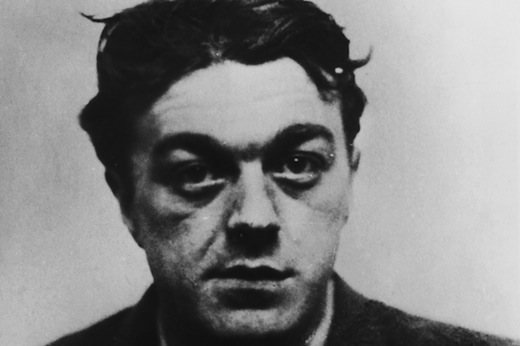
The fact that guns have not always been carried by criminals in Britain is in many ways surprising. Criminals, in their dealings with each other, do not have many options apart from the threat of extreme violence to enforce the deals and ‘contracts’ they make. Organised crime in particular has to use violence. And that, one would think, would mean gangsters had to carry guns.
And yet surprisingly, for much of the 20th century, they did not do so, even though two world wars ensured that there were plenty of guns in circulation and the penalties for being caught with an illegal firearm were significantly less severe than they are now.
Why not? Not using guns is certainly beneficial for criminals. If neither other criminals nor the police have guns, criminal activity is much less dangerous: the life expectancy of criminals goes up when neither the police nor their own rivals shoot them. But if the absence of guns benefits the criminal fraternity as a whole, it’s obviously to the advantage of each individual criminal if he is the only one who carries a gun. So how does a convention that guns should not be carried ever get started? And if it gets started, how can it possibly be maintained?
The answer to those questions is something of a mystery. But it seems that, essentially, criminals in London and across Britain took the view that their collective interest in diminishing the level of violence was sufficiently great for them to punish individuals who broke the convention of not using guns. Furthermore, the criminal fraternity was close-knit enough for the credible threat of punishment from criminal colleagues to keep the convention more or less intact.
The case of Harry Roberts illustrates this. After he shot those policemen, he thought he would be protected by the criminal underworld in London in which he habitually moved. Instead, the criminal fraternity shunned Roberts. He was unable to take advantage of any of the considerable resources that London’s criminals could muster to protect one of their own. They were not willing to extend their protection. Roberts was eventually located, possibly after a tip-off from one of London’s criminals, hiding in a barn in Hertfordshire. Compare that reaction with the response to the shooting of Mark Duggan in 2011. Mark Duggan was a known criminal. Armed policemen went to arrest him. He was stopped getting out of a cab. The police say Duggan pulled a gun. One of the armed police officers reacted by shooting Duggan twice. Duggan died of his wounds.
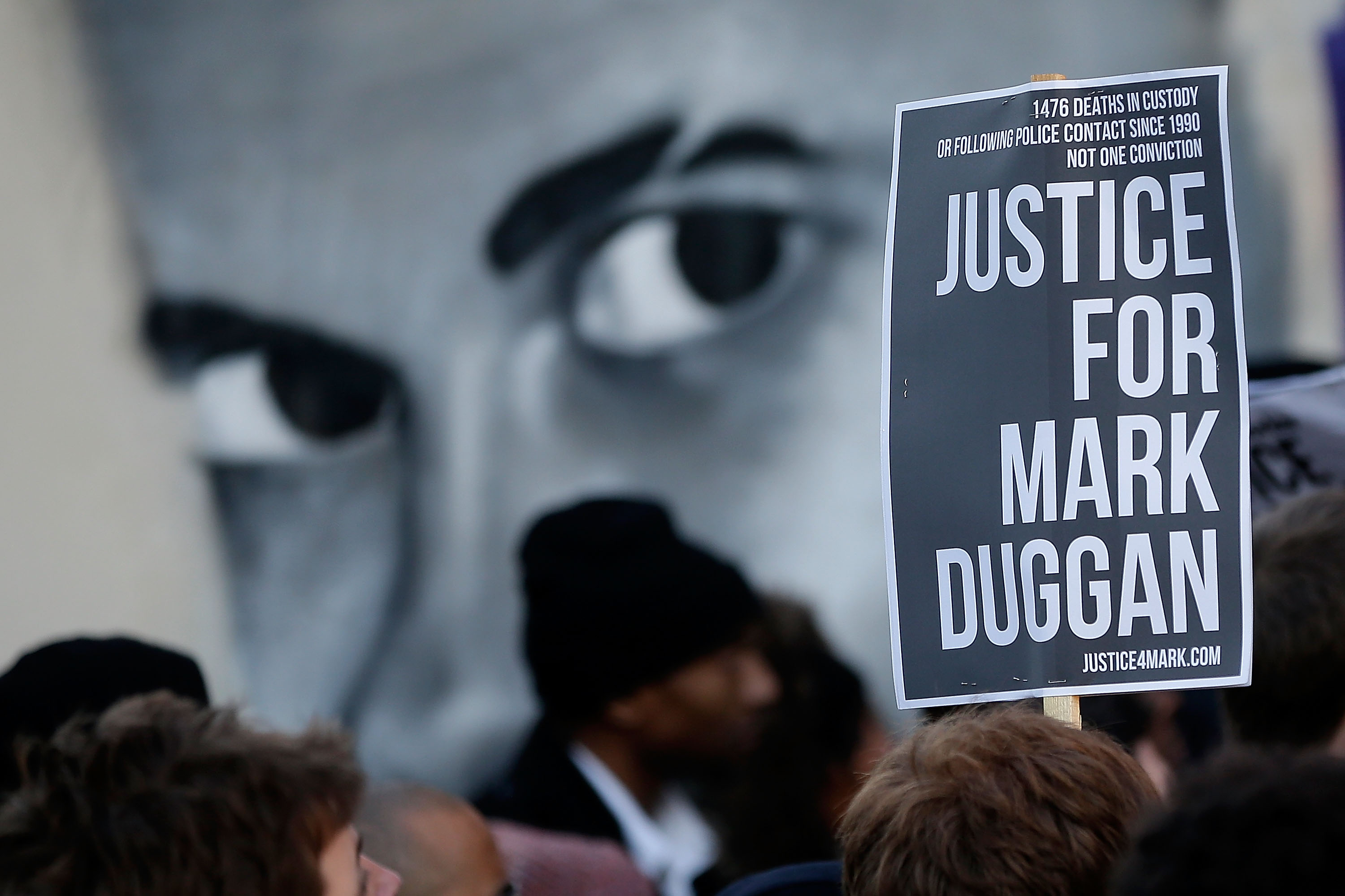
Two things are notable about this incident. One is the escalation in violence from both criminals and cops. Criminals who belong to some form of criminal organisation now routinely carry guns. That has inevitably led to an increase in the number of police authorised to carry firearms. When they meet, both sides fear that the other will use their weapons, so each believes that their own safety depends on being first to fire — which leads to the police shooting a lot more people they take to be armed criminals. It also leads to more officers getting shot.
The other notable feature of the case is the way Duggan’s friends and associates reacted to his killing. Duggan was turned into a local hero. His death led to protests outside the police station involving several hundred people, and eventually to riots. The reaction to the police was uniformly hostile. Admittedly, the police killed Duggan. But no one seems to have thought that he was wrong to react to an attempt to arrest him by pulling a gun.
The convention that neither side should carry guns is obviously over. Paul Collier, a professor of economics at Oxford who discusses the contrast between the reaction to Roberts and to Duggan in his fascinating book Exodus, thinks the arrival in Britain of criminal gangs from other countries may have started the process which has led to the convention’s demise. The murder rate in Jamaica is more than 50 times the rate in the UK. There, criminals have always carried guns, as have the police.
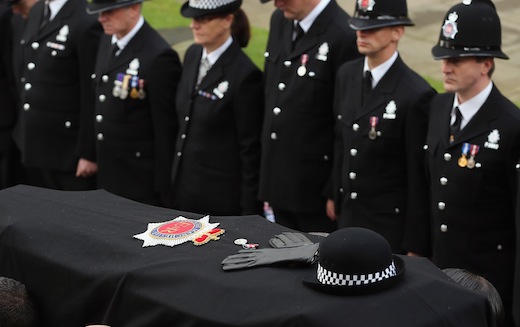
When Jamaican gangs came to Britain, they probably thought it just stupid not to use guns. That would have led to the convention against carrying them unravelling very quickly. Indigenous criminals have reacted by becoming just as violent, if not more so, than their immigrant colleagues. Dale Cregan, the Manchester drug dealer and gangster who killed PCs Fiona Bone and Nicola Hughes in 2012 by luring them to an address with a fake 999 call, seems always to have carried a gun. Indeed, Cregan went one step further: he used to kill people by lobbing a grenade.
Overall, rates of crime are down in Britain, as they are almost everywhere in the developed world. Even violent crime in this country has fallen over the past decade. But despite our very strict firearms laws, which carry some of the most ferocious penalties in the world, criminals now go armed to an extent that they did not when Harry Roberts was thieving and bullying his way across London. Whether or not crime continues to fall, it is going to be increasingly difficult to stop our police doing what nearly all their European colleagues do: carry a gun whenever they go out on the street.
Got something to add? Join the discussion and comment below.
Get 10 issues for just $10
Subscribe to The Spectator Australia today for the next 10 magazine issues, plus full online access, for just $10.
You might disagree with half of it, but you’ll enjoy reading all of it. Try your first month for free, then just $2 a week for the remainder of your first year.

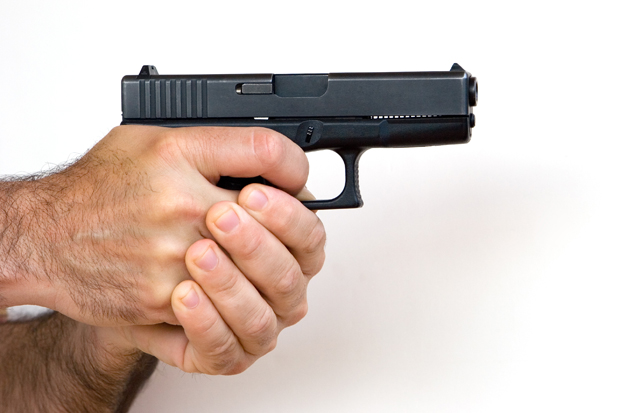
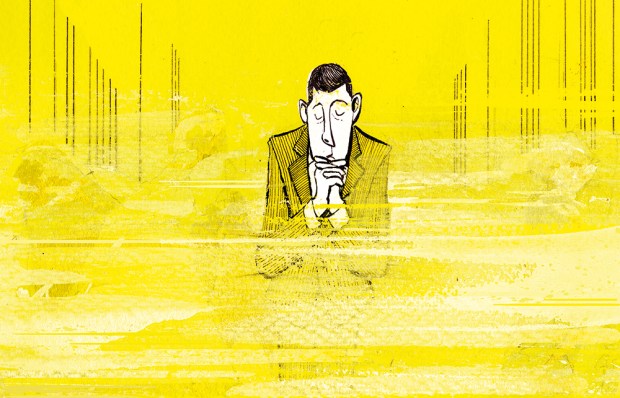
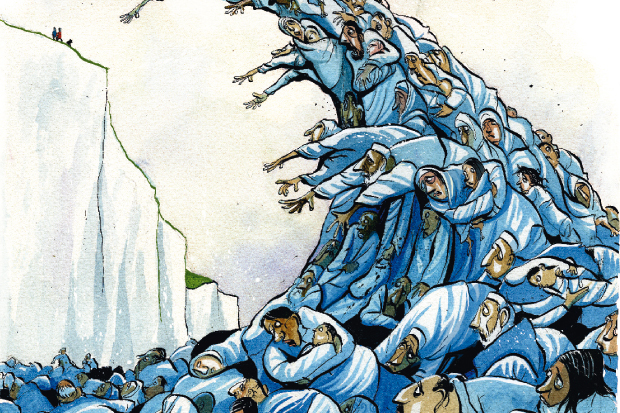
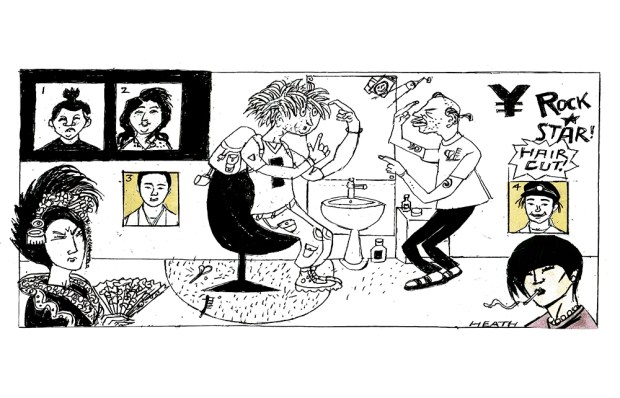
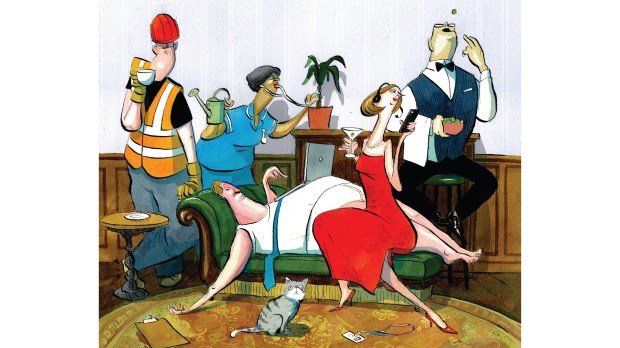
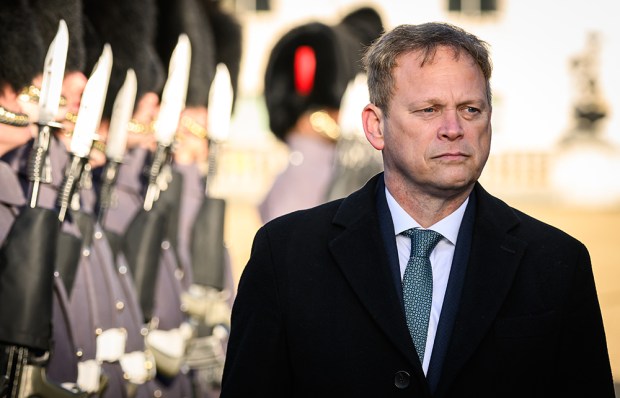
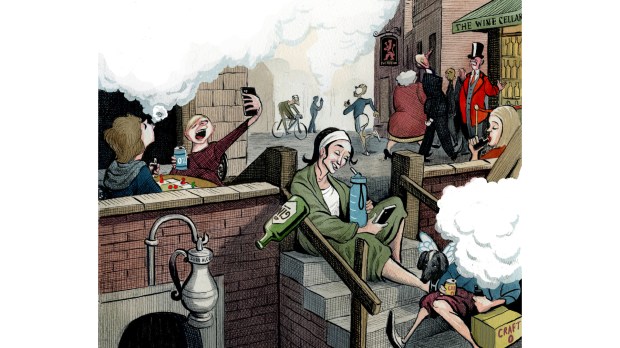






Comments
Don't miss out
Join the conversation with other Spectator Australia readers. Subscribe to leave a comment.
SUBSCRIBEAlready a subscriber? Log in